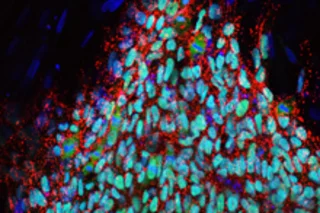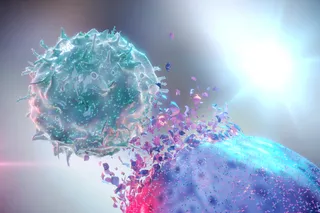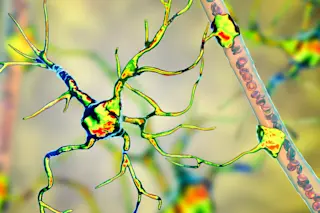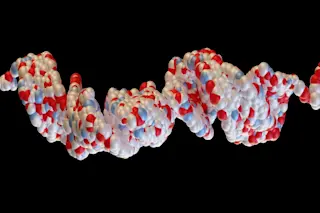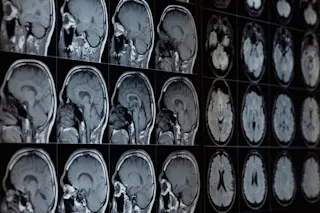Scientists have taken another step in cellular reprogramming that points the way towards the use of a patient's own cells to treat genetic diseases. In a proof of concept study, researchers took skin cells from
patients with a rare condition, Fanconi anemia, which causes skeletal problems and bone-marrow failure, and raises sufferers' risk of cancer [Technology Review].
In the skin cells, the researchers fixed the genetic defects that caused the disease, and then reprogrammed the cells to act like stem cells capable of growing into any type of tissue.
The corrected stem cells could be grown into blood precursor cells for therapy. As these would carry a patient’s own DNA, except for the mutation responsible for the illness, they could be transplanted without risk of rejection by the body’s immune system [Times Online].
However, the patched up cells were not used to treat patients in this study, because it isn't ...


